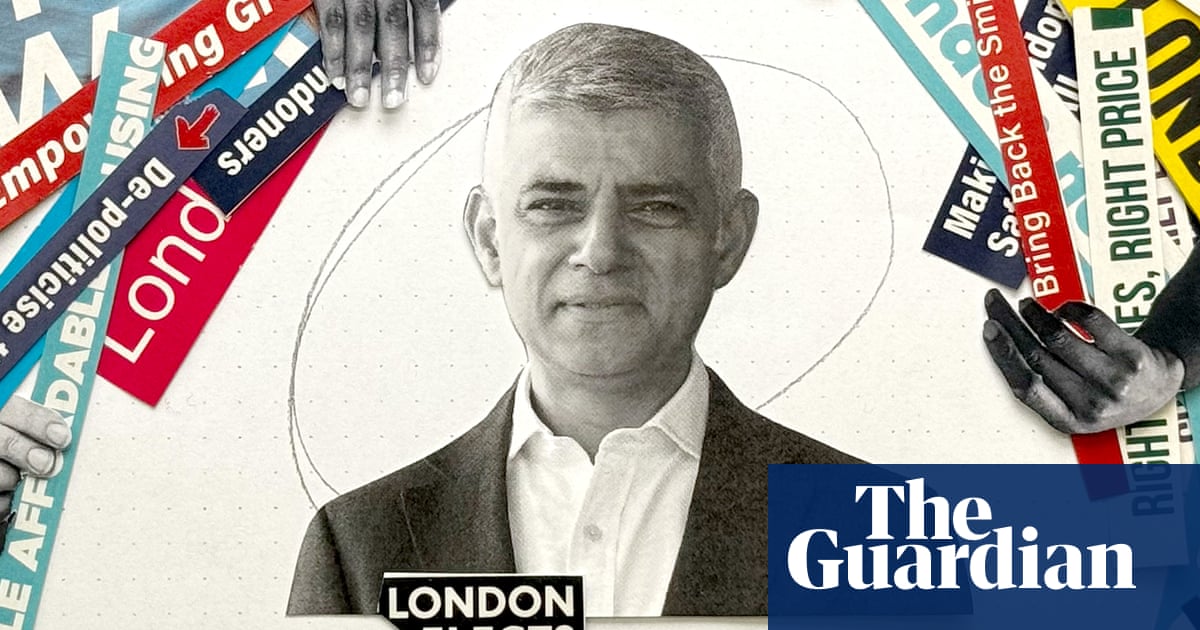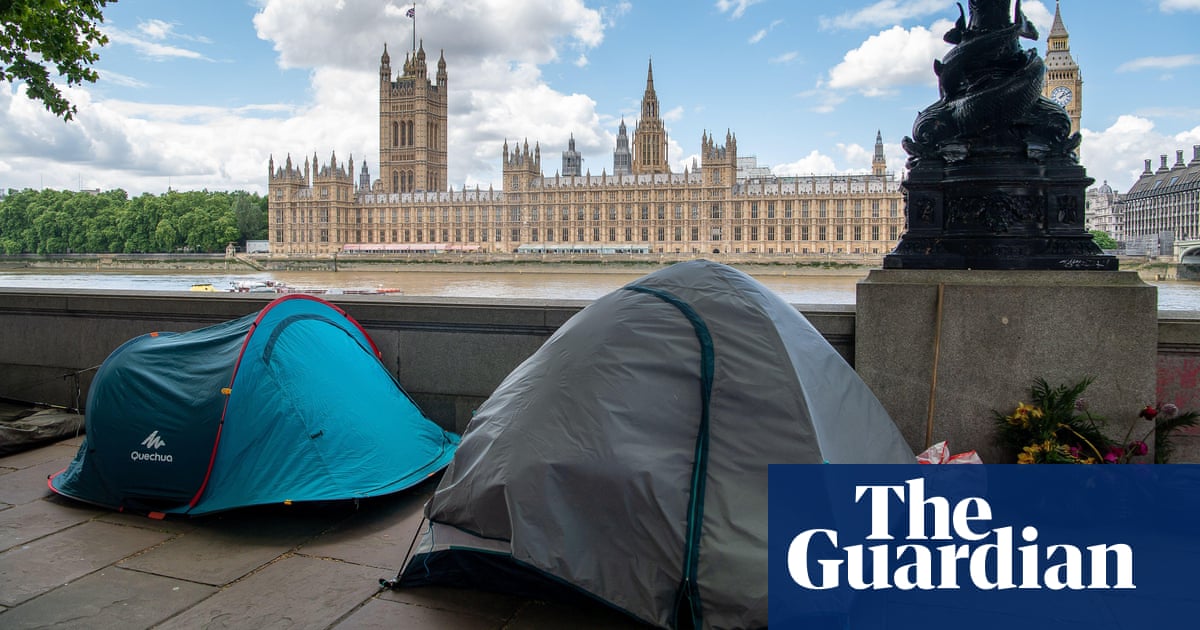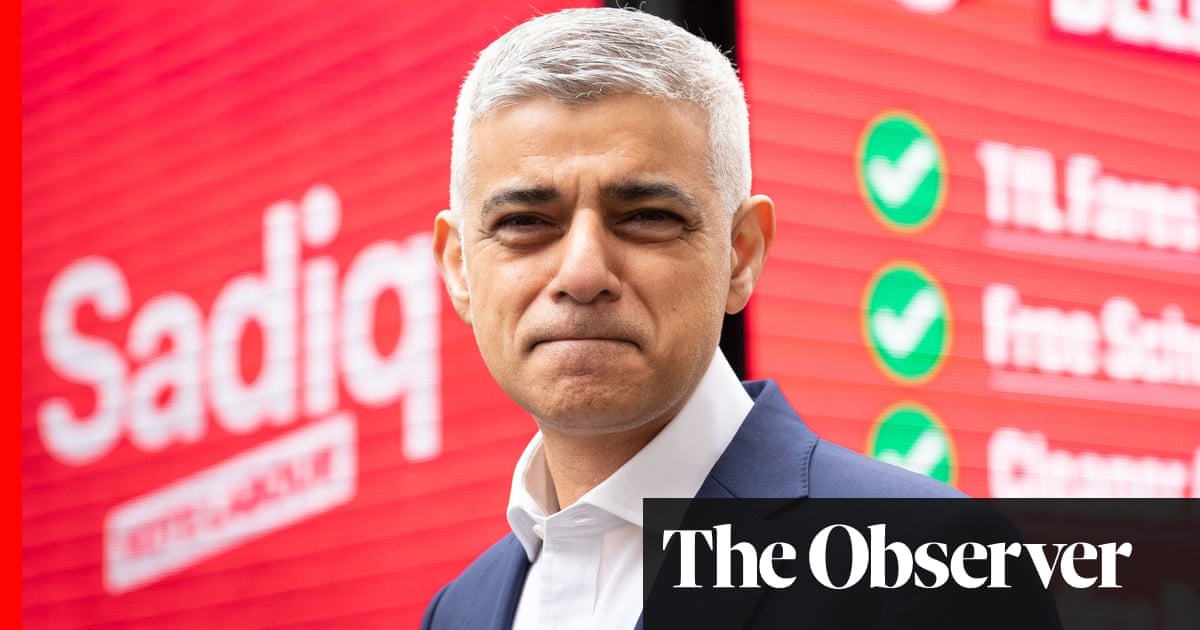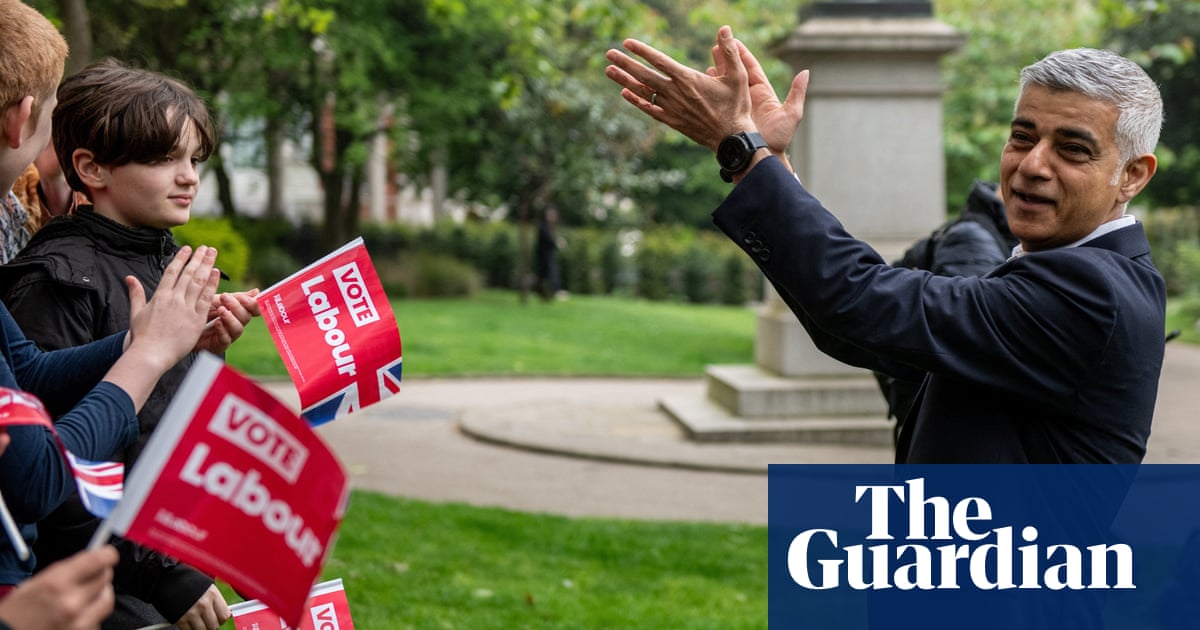
Motorists across the whole of London could be charged for every journey from 2024 under plans being drawn up to reduce carbon emissions and improve air quality.
The mayor, Sadiq Khan, said London should be a global leader in introducing smart road pricing, as a report found car journeys in the capital needed to be cut by more than a quarter to meet net zero emissions targets by 2030.
Khan said air pollution and the climate emergency were “an issue of social justice across the globe – and in London as well, it’s the poorest Londoners, the least likely to own a car, who suffer the consequences”.
He has asked Transport for London (TfL) to explore road pricing that would charge by distance travelled, time and location. However, with technology to operate a scheme unlikely to be ready soon, he has told TfL to consider other options to make drivers pay for polluting before the end of his second term in office in May 2024.
Possible options include a daily clean air charge for all car journeys throughout Greater London, or applying the ultra-low emission zone (Ulez) £12.50 daily charge to all petrol and diesel cars rather than just older models.
TfL will also consider expanding the Ulez as it currently operates throughout all boroughs and introducing a boundary charge to drive into Greater London. Fully electric and other zero-emission cars would be exempt under all options.
Khan said he would like to see both the London congestion charge – introduced in 2003 – and the Ulez replaced with road pricing before the end of the decade: “Both schemes are quite blunt and technology has moved on. I want London to be a global leader.”
The mayor said he wanted to start “an earnest conversation with Londoners” about ways to reduce car use, ease congestion and cut levels of air pollution – so high last Friday that people were advised not to exercise outdoors.
Jemima Hartshorn, of the campaign group Mums for Lungs, said it was “a good day for London’s kids”.
However, motoring organisations warned the proposals could “punish” people who relied on their cars and urged the mayor to rethink.
The RAC head of roads policy Nicholas Lyes said the proposals “would create massive financial challenges for individuals, families and businesses who run a car in London and even for those who visit the fringes of the capital … and will punish those who simply cannot afford an electric car”.
Some proposals would require government backing to extend powers and funding, while legislation would be required to enable a boundary charge for drivers entering Greater London.
The area covered by the ultra-low emission zone, whose boundary expanded only in October from central London to the north and south circular roads, could be more than doubled.
Extending its scope to newer vehicles would also affect far more motorists in the area where it currently applies: about 90% of vehicles in the expanded zone, where 3.8 million live and work, are currently not charged, as most petrol cars less than 15 years old and the newest diesels are exempt. Only 2% of vehicles on London roads are electric.
An additional daily charge throughout London – comparable to the price of a single fare on public transport – is another option. Khan said it would be a “nudge” to car owners, “something that make it worthwhile to take a bus rather than jump in a car”. According to TfL, a third of car journeys in the capital can be walked in less than 25 minutes, and two-thirds cycled in less than 20.
Achieving net zero by 2030 would need a 27% cut in car journeys – and still require billions to be spent offsetting London’s emissions, according to a report by consultancy Element Energy commissioned by Khan and published on Tuesday.
While the ambition to cut London’s emissions will also tackle home insulation and offices, Khan said he was focusing on transport, which had been slow to decarbonise – reducing emissions by just 7% between 2000 and 2018, compared with a 57% reduction from workplaces and 40% from homes.
Smart charging could take into account distance travelled, locations, public transport alternatives, the time of day, as well as how polluting a vehicle was, Khan said, with exemptions and discounts for those on low incomes and with disabilities, and support for charities and small businesses.
Transport for London is seeking long-term funding support from the government after losing billions in fare revenue as tube journeys in particular fell during the pandemic. Proposals for a boundary charge to raise funds were initially rebuffed by ministers.












